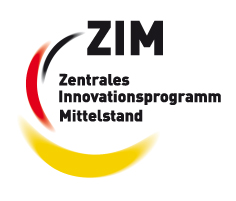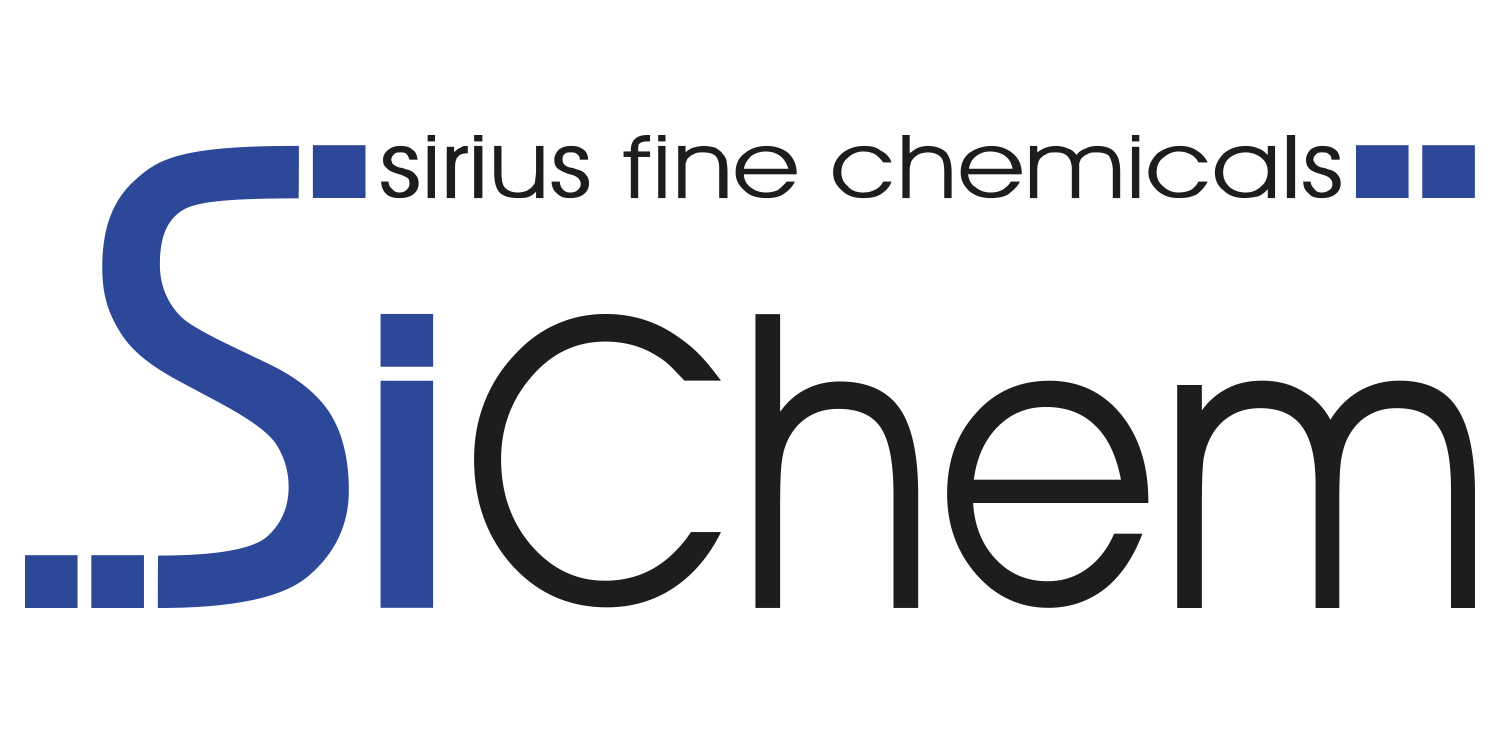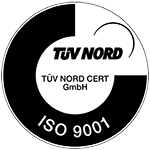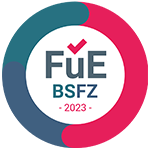Smart Simulated Moving Bed Chromatography (sSMB)
SiChem receives BMWi grant (ZIM) together with TU Clausthal for developing Smart Simulated Moving Bed Chromatography (sSMB)
Personalised medicine is about treating patients as individually as possible. The drugs administered should have an optimal effect. Often, the patient is given precisely tailored treatment strategies with several drugs that work in combination. However, this also means that there will be fewer and fewer blockbusters that are produced and used in large batches. In the long term, we will see an increase in the number of drugs that have to be produced in smaller batch sizes but with the same quality requirements as large batches.
The production of such high-purity products is complex and is often achieved by batch chromatography as a selective and efficient technique. Process design and up-scaling are relatively simple. However, good separation performance is offset by high product losses, relatively low productivity and, above all, high solvent consumption.
This can be changed by continuous chromatography processes: productivity increases by a factor of 3 to 30 and solvent reduction by a factor of 10 are possible.
Currently, there is a number of available techniques, starting with Simulated Moving Bed Chromatography (SMB), through various sequential multi-column connections, to more specialized processes such as Multicolumn Countercurrent Solvent Gradient Purification (MCSGP)
Each process offers its own advantages and areas of application, but also limitations. In common with the continuous processes is that they deliver very high product quality at high throughput. However, the complexity of several techniques with up to 8 chromatography columns and 5 gradient pumps is very high. These separation techniques are therefore expensive and rarely used in small research-based pharmaceutical companies.
In this project, a simplified smart SMB (sSMB) shall be developed that requires only one column but still uses several adsorbents.






